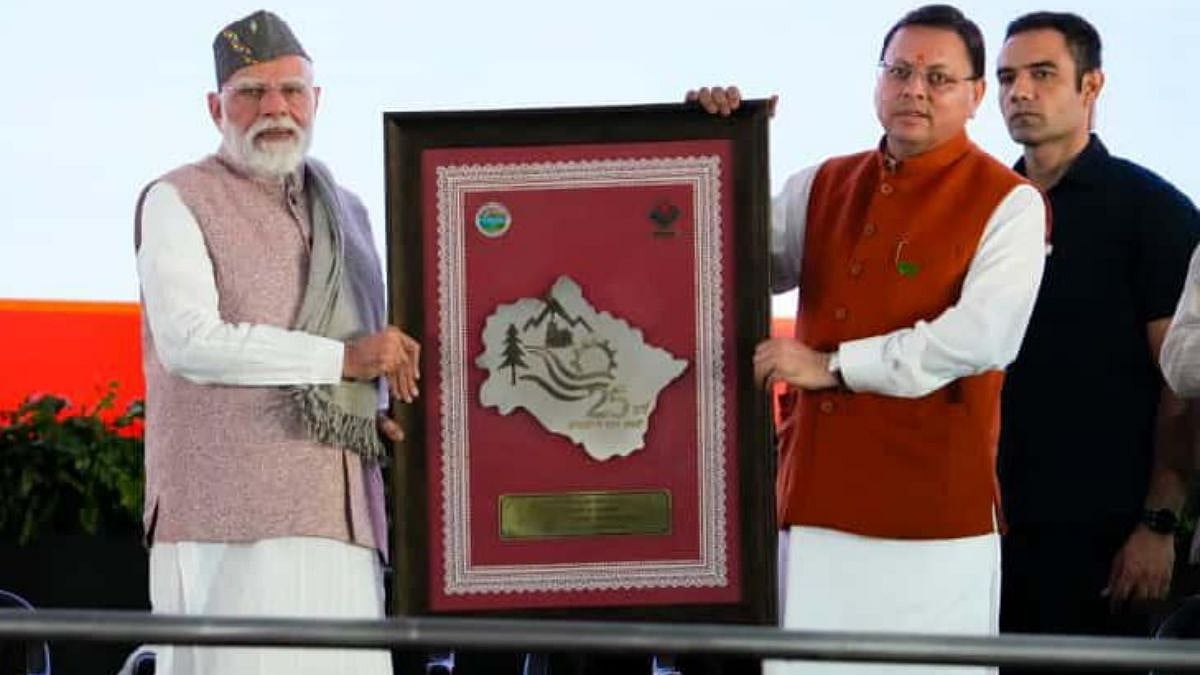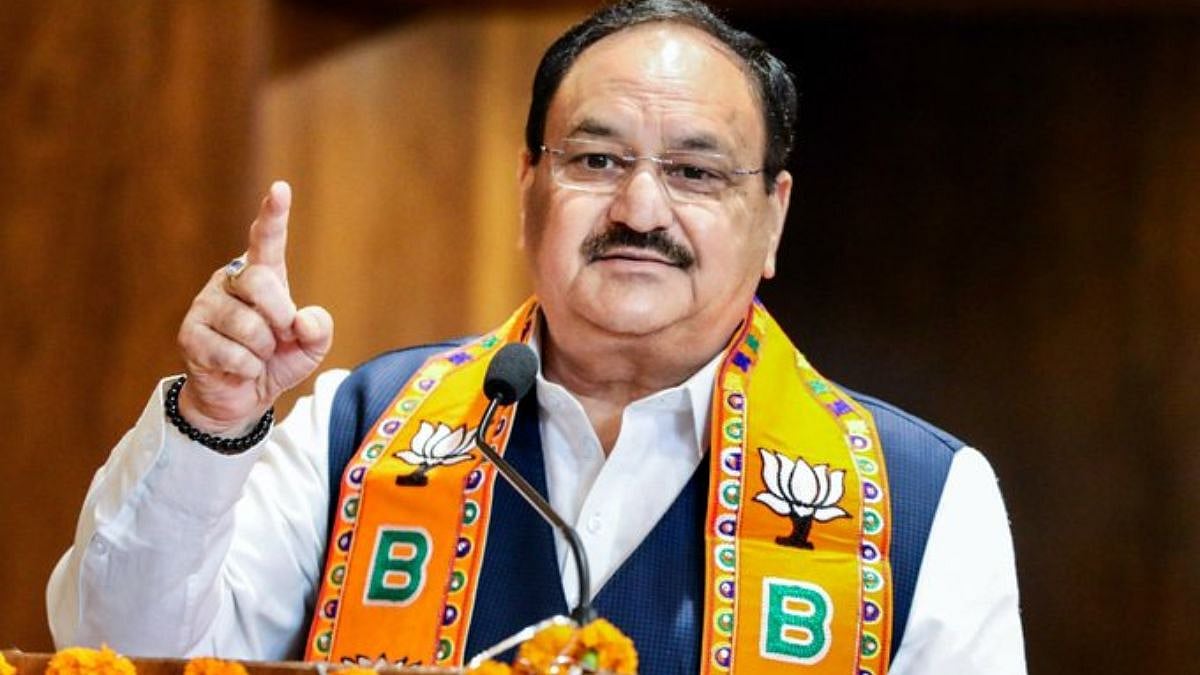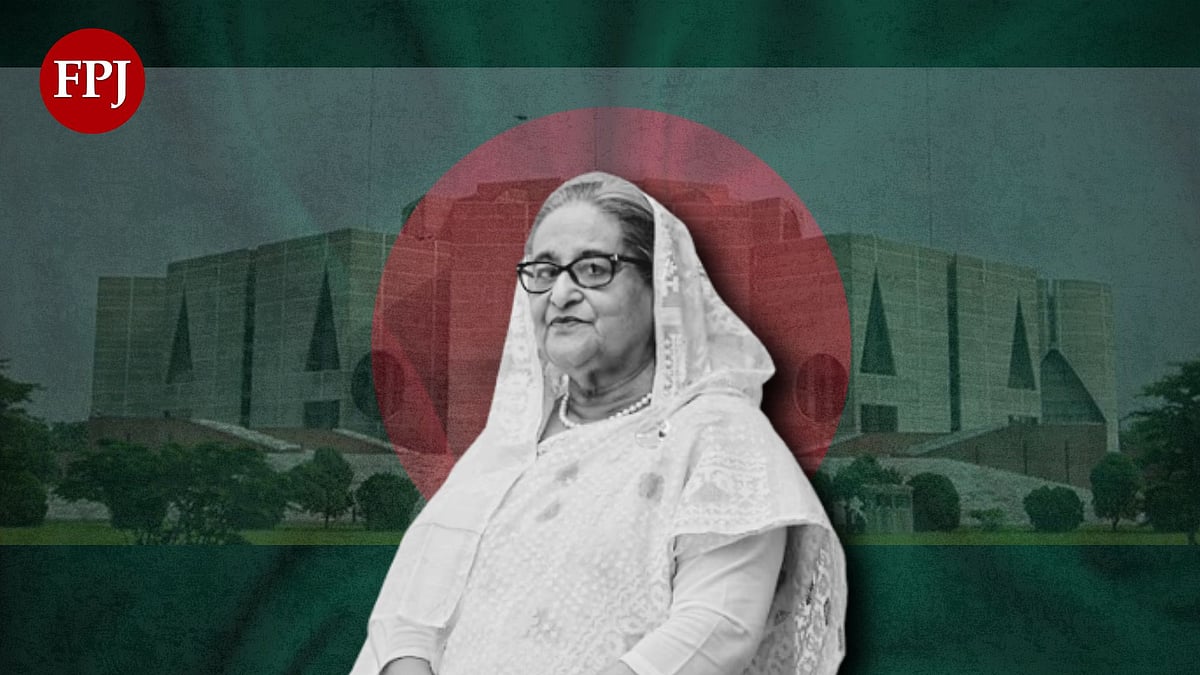The Modi government has now started selling public sector companies through global tenders to Indian and foreign companies. By doing this, the Prime Minister has walked the talk on his statement that “the business of government is not business”. Some, especially the Communist and other leftist elements, have been crying foul, accusing the government of selling the family silver. Some others are happy as they would prefer the taxpayers’ money to be used to build better schools, hospitals and roads than run hotels or finance the bad loans of government banks.
In democracies, the public sector has been confined to a few areas like railways, metros, space and practically all other businesses are run privately. The Indian public sector is an exception and owes its origins to the diktat of the first Prime Minister Pandit Nehru, who declared that ‘the commanding heights ’ of the economy should be with the government. Crores of taxpayer money was poured in the 50s and 60s into building what Nehru proudly called ‘temples of Modern India’. The government did not stop at that but nationalised life insurance in 1956 and in one stroke of a pen, brought 245 private life insurance companies into government hands.
Nationalisation of banks
Mrs Indira Gandhi went one better than her father and nationalised 14 major private banks in India in 1969, 107 general insurance companies in 1972 and the oil companies in 1976. India had become a Socialist state. Not surprisingly, these public sector companies kept sucking in taxpayer money. While other Asian economies grew and prospered, India became an economy with high taxes, low growth, shortages and producer pf poor quality goods which the public had no choice but to consume.
The economy had reached the edge of the cliff in 1991 and Prime Minister P V Narasimha Rao ushered in unprecedented changes to open up India to foreign companies and capital. Indians responded enthusiastically and many new businesses came up and the Indian consumer now has choice, like the rest of the global democracies.
Rao, with Manmohan Singh to help him, did not however sell the public sector probably because the Congress Party still had powerful leftist lobbies working inside it. However, he did get many of them listed on the stock market, making them more transparent and accountable. He also opened up many sectors like telecom and airlines to private capital and the effect of that is there for all to see.
Vajpayee govt
The first BJP government under Vajpayee decided to be bold and started selling off some public sector companies by a global bidding process. In just two years, IPCL, Balco, Hindustan Zinc, Maruti, many hotels and VSNL were sold at extremely good values. Unfortunately, Manmohan Singh, when he returned to power in 2004, was a changed man and abandoned Vajpayee’s policy of privatisation.
Modi, in the first six years of his government, had forgotten his old declarations about government having no business to be in business. Suddenly, for some reason - maybe the huge expenditure due to Covid - has made him revive Vajpayee’s old plans. In the next few years, almost all public sector units are expected to be sold except those companies involved in strategic areas or where welfare issues are involved, like railways.
In my view, the public sector as a business concept is flawed. This is not to say that it does not have good people; some of the best talent in the country has been groomed in the public sector and provided top-class management for the private sector. It still has top people as employees. The public sector is also focussed, unlike the private sector, which often diverts capital to unrelated businesses. It is flawed because a business grows and thrives on risk-taking and innovation and both these are absent in the public sector.
Nightmares of PSU chiefs
The government system does not encourage risk-taking; the three nightmares of every PSU chief are the CAG, the CVC and the CBI. PSU chiefs' successes are rarely appreciated or rewarded but their mistakes haunt them to the grave. In the private sector, on the other hand, an employee is encouraged to take risks, and in case they succeed, they are handsomely rewarded with stock options and so on.
Committing large funds to innovation requires business strategy and market savvy at the level of the owners, which our netas and babus do not possess. So, rarely is any innovation appreciated. There is also the question of the interference of the powers-that-be in the day-to-day working of the PSUs. Appointments are influenced by politicians, guest houses and cars meant for the company officials are monopolised by ministers and government officials. And importantly, PSU boards which are supposed to provide leadership and strategy are filled with political appointees as a reward for ‘services rendered’.
The case of PSUs where the sector has been opened up to private investment is really pathetic. Till the early 90s, Indian Airlines/Air India and the telecom department had monopoly in the civil aviation and telecom sector. These were then opened up and within 10 years, the PSU market share had dropped and now, these are running at huge losses. This itself shows how in the same marketplace, in spite of early mover advantage, the public sector is not able to compete. The same is the case with banks, where the private banks have grown much faster and are much better in customer service than PSU banks.
One need not be concerned if a private group buys Air India or the IOB or Central Bank. After all, the assets remain Indian, the companies are Indian, the employees are Indian and the customers are Indian. We need a mindset that believes that the private sector is not only as important but as patriotic as the government and its employees and what is important from the national point of view is the maximisation of return on the capital that is invested.
The author is an investment banker and political commentator. His Twitter handle is @pnvijay









.jpg)